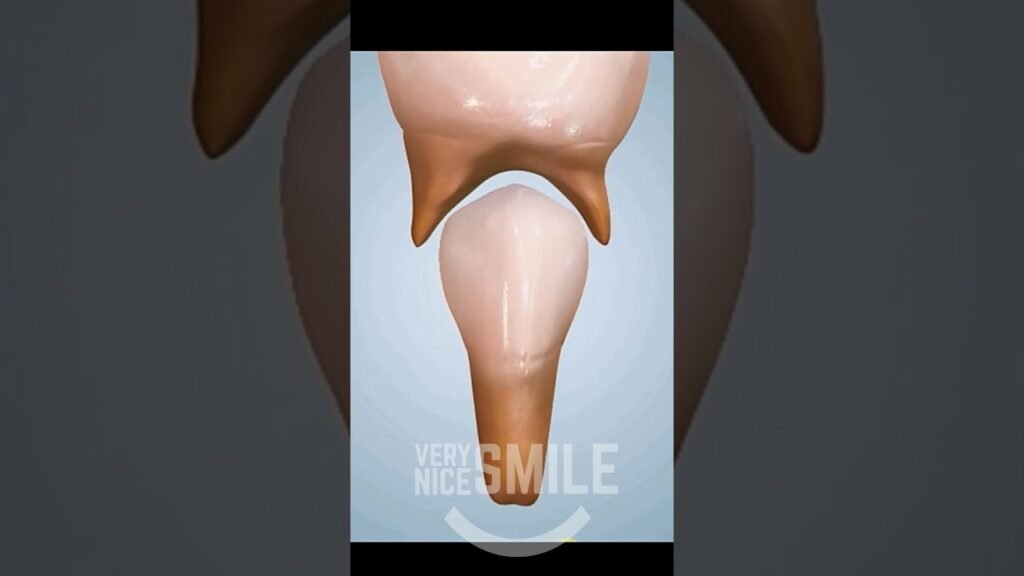Understanding the Process of Deciduous Teeth Falling Out

In the fascinating process of childhood development, deciduous teeth fall out to make way for permanent ones. This natural occurrence, commonly known as losing baby teeth, marks a significant milestone in a child's growth. Understanding the stages of tooth eruption and loss can help parents and caregivers provide proper dental care for their little ones. Let's delve into the world of deciduous teeth and explore how this process unfolds.
At what age do deciduous teeth fall out?
Around the age of six, children begin to lose their deciduous teeth, starting with the lower and upper front teeth. This process is followed by the emergence of the first permanent molars at the back. By the age of 12, most children will have lost all their baby teeth, making way for their permanent adult teeth to come in.
Is it normal for 5 year olds to lose teeth?
It is completely normal for 5 year olds to lose their teeth. Children typically lose their first tooth around the age of 5 or 6, but the timing can vary from child to child. Some may start losing teeth as early as 4 years old, while others may not lose their first tooth until they are 7 years old. So, if your 5 year old is starting to lose teeth, there is no need to worry, as it is a natural part of their development.
Why are my baby teeth still present at 15 years old?
If you still have baby teeth at 15, it is likely because your adult teeth have not yet come in to replace them. This is the most common reason for retaining baby teeth into adulthood. Without a permanent successor ready to take their place, the baby teeth have no reason to fall out on their own.
It is important to consult with a dentist if you still have baby teeth at 15. They can determine the cause of the retention and create a plan for addressing it. In some cases, the adult teeth may be delayed in erupting, while in other cases, there may be underlying issues that need to be addressed to encourage the adult teeth to come in.
Overall, the retention of baby teeth into adulthood is typically due to the lack of a permanent successor for the tooth. By working with a dentist, you can address the issue and ensure that your adult teeth come in as they should.
Exploring the Natural Transition: Shedding Deciduous Teeth
As children grow, they experience a natural transition known as shedding deciduous teeth. This process, also known as losing baby teeth, marks a significant milestone in their development. The roots of the baby teeth dissolve, allowing the adult teeth to push through and take their place. It is a fascinating biological process that signifies the beginning of a new chapter in a child's oral health journey.
During this transition, it is important for parents to monitor their child's progress and provide proper dental care. Regular dental check-ups can help ensure that the adult teeth are coming in correctly and that any potential issues are addressed early on. Encouraging good oral hygiene habits, such as brushing and flossing regularly, can also help promote healthy teeth and gums as the adult teeth emerge.
As children navigate the shedding of their deciduous teeth, it is essential to create a positive and supportive environment. Celebrating each lost tooth as a milestone can help build confidence and excitement around this natural process. By understanding and embracing the transition from baby teeth to adult teeth, parents can help their children feel empowered and informed about their oral health.
A Parent's Guide to Deciduous Tooth Loss: What to Expect
As a parent, it's important to understand the process of deciduous tooth loss, also known as the loss of baby teeth. This natural occurrence typically begins around age six and continues through the early teenage years. Understanding the timeline and potential challenges of this process can help you support your child through this important developmental stage.
The first sign of deciduous tooth loss is often the loosening of a baby tooth. This can be an exciting and slightly nerve-wracking time for both you and your child. Encourage gentle wiggling of the tooth to aid in the natural process of loosening and falling out. It's important to reassure your child that this is a normal part of growing up, and that new, permanent teeth will soon replace the ones they're losing.
While deciduous tooth loss is a natural and necessary process, it's important to monitor your child's dental health during this time. Encourage regular brushing and flossing to maintain good oral hygiene, and schedule regular check-ups with a dentist to ensure that the new permanent teeth are growing in properly. By understanding what to expect and providing support, you can help your child navigate the loss of baby teeth with confidence and ease.
In summary, the process of deciduous teeth falling out is a natural and important part of a child's development. As parents and caregivers, it is essential to support and encourage good oral hygiene practices to ensure the health and well-being of their child's permanent teeth. By understanding the stages of tooth development and the importance of maintaining proper dental care, we can help children transition smoothly from their baby teeth to a healthy and strong adult smile.